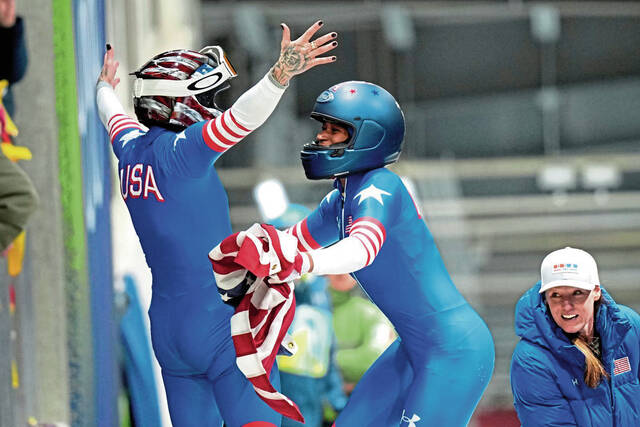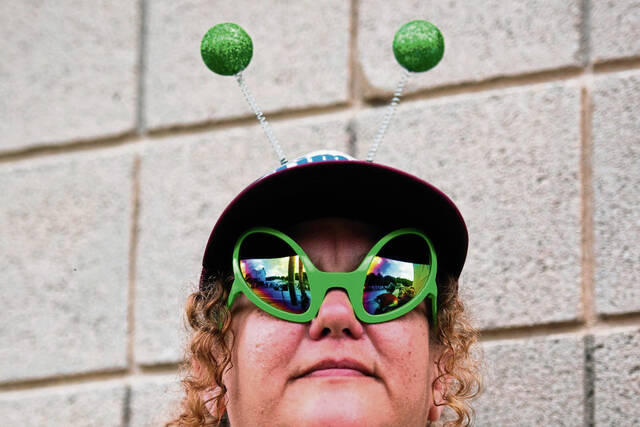Legal online poker made $2.5 million in its first full month of being legal in Pennsylvania.
That’s not a lot in the great scheme of things. It’s less than 1% of the state’s December gambling revenue.
But it’s a start.
The question isn’t how much will it grow from there. It should be: How easy do we want to make gambling?
Pretty easy, it seems.
Pennsylvania’s gambling revenue hit a record high in 2019, topping $3.4 billion, growing by $146 million over 2018’s numbers.
That’s good for the completely legal companies that operate casinos and other gaming-related businesses. It’s good for the state, which gets its cut. It’s good for the people who have jobs related to gaming.
But is it good for the gamblers? Is it good for their families?
According to the National Council on problem gambling, about 6 million to 8 million people in America suffer from problem or pathological gambling every year. Those kinds of compulsions are why Pennsylvania has a 24-hour gambling addiction hotline (1-800-GAMBLER) that is noted on casino advertisements, and why the state has a mechanism in place for people to ban themselves from gaming facilities.
With one hand, the state acknowledges that gambling is a problem. But on the other, it fosters it.
In addition to online poker, there’s a new way that you can gamble with a cellphone or computer in Pennsylvania.
You can now use it to buy Powerball and Mega Millions tickets.
After years of making lottery tickets a cash-only business, Pennsylvania slowly nudged forward with debit and credit card payments. When iLottery went live, there was an even more convenient app-based way to gamble with deposits made to the system from cash apps like PayPal.
Now you can use those iLottery deposits to buy tickets for the potentially billion-dollar paydays of the interstate lotteries.
Gambling addiction doesn’t have the kind of body count that opioid addiction does. It doesn’t have the obvious public health problems of drugs and alcohol and tobacco.
But Pennsylvania doesn’t need to streamline the gambling process either. Especially when it is both the bouncer and the bartender.








